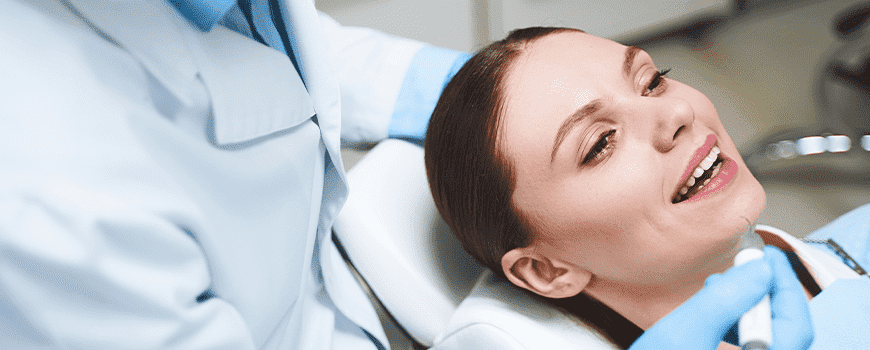Mouth and Teeth in Ramadan
Salih ÖNDER2022-09-05T14:39:51+03:00Oral and dental health, which significantly affects general health, becomes even more important in Ramadan. Bacteria that form on teeth that are not brushed after eating at sahur reproduce in the period until iftar. You can find ways to prevent this situation that causes bad breath and tooth decay and to protect dental health in Ramadan in our article.
Reminding that teeth must be brushed after iftar and sahur, dentists state that the tongue surface and gingival areas should be cleaned thoroughly with the help of a brush. Physicians, emphasizing that the acid rate in the mouth increases after meals and bacteria multiply easily, emphasize that mouth antiseptic or mouthwash should be used, especially in Ramadan, and gargle with salt water even if these are not available.
You can brush your teeth while fasting!
Dentists say that it has been emphasized many times by the clergy that brushing teeth while fasting is not a problem, provided that you do not swallow the toothpaste.
How can we prevent bad breath while fasting?
Noting that bad breath is not only caused by tooth decay, physicians state that gum diseases, poorly made prostheses, stomach and esophagus disorders can also cause bad odors. It is emphasized that we can get rid of bad odors with proper oral care.
Beware of dental caries in Ramadan!
Reminding that there is no eating and drinking activity while fasting, the physicians remind that the saliva secretion is low in the mouth, and emphasize that the bacteria that occur on the teeth that are not brushed after the iftar and sahur meals easily reproduce in the mouth, which causes acidification in the mouth and causes tooth decay.
Can dental treatment be done while fasting?
Dentists state that the procedures that can be performed without anesthesia do not break the fast, and that there will be no problem as long as the person does not swallow the water he uses to clean his mouth.
Kayseri Hospital
Chief Physician Dt. Zeynep CETIN

